The Wager
By: David Grann
-
Rs 3,596.00
- Rs 4,495.00
- 20%
You save Rs 899.00.
Due to constant currency fluctuation, prices are subject to change with or without notice.
On 28th January 1742, a ramshackle vessel of patched-together wood and cloth washed up on the coast of Brazil. Inside were thirty emaciated men, barely alive, and they had an extraordinary tale to tell. They were survivors of His Majesty’s ship The Wager, a British vessel that had left England in 1740 on a secret mission during an imperial war with Spain. While chasing a Spanish treasure-filled galleon, The Wager was wrecked on a desolate island off the coast of Patagonia. The crew, marooned for months and facing starvation, built the flimsy craft and sailed for more than a hundred days, traversing 2,500 miles of storm-wracked seas. They were greeted as heroes.
Then, six months later, another, even more decrepit, craft landed on the coast of Chile. This boat contained just three castaways and they had a very different story to tell. The thirty sailors who landed in Brazil were not heroes – they were mutineers. The first group responded with counter-charges of their own, of a tyrannical and murderous captain and his henchmen. While stranded on the island the crew had fallen into anarchy, with warring factions fighting for dominion over the barren wilderness. As accusations of treachery and murder flew, the Admiralty convened a court martial to determine who was telling the truth. The stakes were life-and-death—for whomever the court found guilty could hang.
On 28th January 1742, a ramshackle vessel of patched-together wood and cloth washed up on the coast of Brazil. Inside were thirty emaciated men, barely alive, and they had an extraordinary tale to tell. They were survivors of His Majesty’s ship The Wager, a British vessel that had left England in 1740 on a secret mission during an imperial war with Spain. While chasing a Spanish treasure-filled galleon, The Wager was wrecked on a desolate island off the coast of Patagonia. The crew, marooned for months and facing starvation, built the flimsy craft and sailed for more than a hundred days, traversing 2,500 miles of storm-wracked seas. They were greeted as heroes.
Then, six months later, another, even more decrepit, craft landed on the coast of Chile. This boat contained just three castaways and they had a very different story to tell. The thirty sailors who landed in Brazil were not heroes – they were mutineers. The first group responded with counter-charges of their own, of a tyrannical and murderous captain and his henchmen. While stranded on the island the crew had fallen into anarchy, with warring factions fighting for dominion over the barren wilderness. As accusations of treachery and murder flew, the Admiralty convened a court martial to determine who was telling the truth. The stakes were life-and-death—for whomever the court found guilty could hang.
Killers of the Flower Moon - Oil, Money, Murder and the Birth of the FBI
By: David Grann
Rs 2,236.00 Rs 2,795.00 Ex Tax :Rs 2,236.00
Zubin Mehta: A Musical Journey (An Authorized Biography)
By: VOID - Bakhtiar K. Dadabhoy
Rs 472.50 Rs 1,050.00 Ex Tax :Rs 472.50
Their Eyes Were Watching God - A Novel ; with an Introduction by Holly Eley
By: Zora Neale Hurston
Rs 1,621.75 Rs 2,495.00 Ex Tax :Rs 1,621.75
Their Eyes Were Watching God - A Novel ; with an Introduction by Holly Eley
By: Zora Neale Hurston
Rs 1,621.75 Rs 2,495.00 Ex Tax :Rs 1,621.75
No recently viewed books available at the moment.
Zubin Mehta: A Musical Journey (An Authorized Biography)
By: VOID - Bakhtiar K. Dadabhoy
Rs 472.50 Rs 1,050.00 Ex Tax :Rs 472.50
Killers of the Flower Moon - Oil, Money, Murder and the Birth of the FBI
By: David Grann
Rs 2,236.00 Rs 2,795.00 Ex Tax :Rs 2,236.00
Their Eyes Were Watching God - A Novel ; with an Introduction by Holly Eley
By: Zora Neale Hurston
Rs 1,621.75 Rs 2,495.00 Ex Tax :Rs 1,621.75











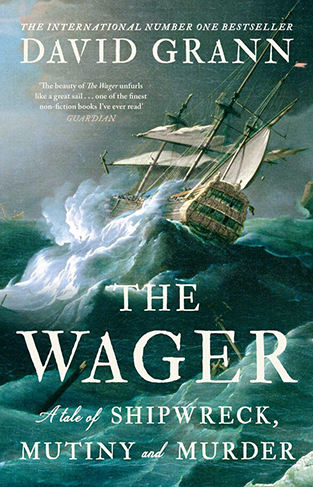

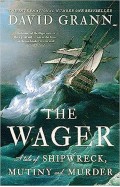
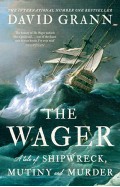
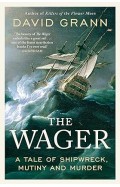
-120x187.jpg?q6)


















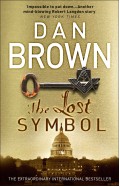
-120x187.jpg?q6)